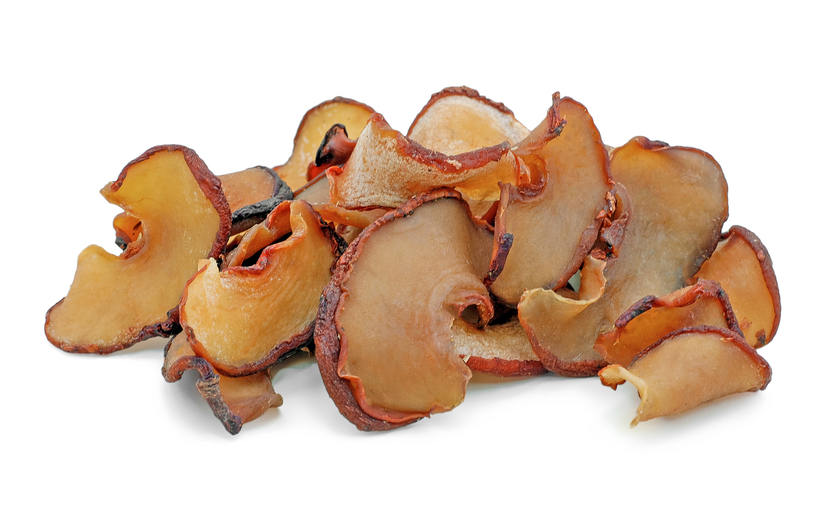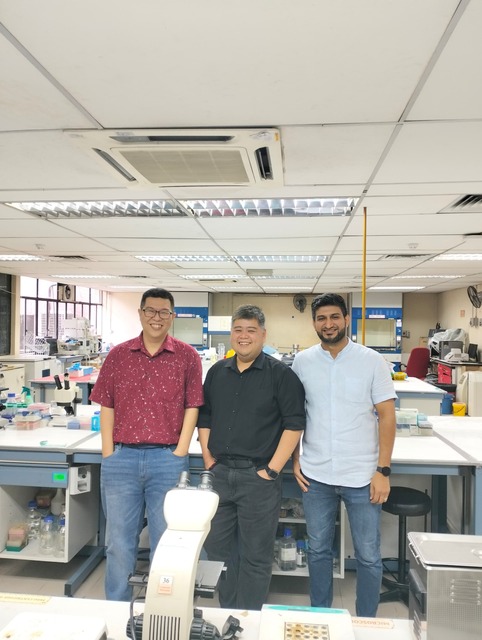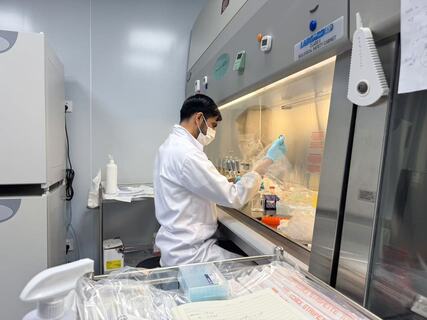A series of studies have highlighted the antidiabetic potential of Garcinia atroviridis, a tropical fruit known as asam gelugur in Malaysia. The findings suggest that asam gelugur could play a role in managing type 2 diabetes, offering new insights into its health benefits.
Widely used in Southeast Asian cuisine, asam gelugur—also known as asam keping—adds a distinctive tang to dishes such as Assam Laksa and Lemak Cili Api. Beyond its culinary appeal, the fruit has long been valued in traditional medicine for its antioxidant and anti-inflammatory properties. Now, research suggests it may have an even greater impact on health.

Garcinia atroviridis, commonly known as asam gelugur or asam keping, is a key ingredient in Malaysian cuisine and now shows promise in diabetes management
The studies were a collaboration between Associate Professor Dr. Douglas Law from INTI International University’s Faculty of Health and Life Sciences, and Universiti Kebangsaan Malaysia (UKM) scientists, Associate Professor Dr. Shazrul Fazry, Dr. Ahmed AbdulKareem Najm, and Dr. Muhammad Shahid.Their research found that asam gelugur may help regulate blood sugar levels, a critical factor for managing type 2 diabetes.
“Our studies show that asam gelugur can inhibit enzymes that break down sugars, slowing their release into the blood,” said Dr Douglas. “This could help prevent post-meal blood sugar spikes, which is vital for diabetes management.”
The research team tested the fruit extract through lab experiments, a chick embryo model, and computer-based analysis. Their findings indicate that asam gelugur not only slows sugar breakdown but also stimulates muscle cells to absorb glucose, mimicking the effects of insulin. “It was exciting to see asam gelugur facilitating glucose absorption, almost acting like insulin,” Dr Douglas added.
Insulin is essential for converting food into energy and regulating blood sugar levels. When the pancreas fails to produce enough insulin or cannot use it effectively, it leads to high blood sugar (hyperglycemia), a hallmark of diabetes. People with diabetes often rely on synthetic insulin injections, which can be costly and come with side effects.
In Malaysia, synthetic insulin costs from RM30 to RM200 per month, though government hospitals and clinics offer it to Malaysians for RM1. If asam gelugur effectively reduces insulin dependence, it could provide a more affordable and natural alternative. “Seeing asam gelugur work in this way was a pleasant surprise,” Dr Douglas said. “It could serve not just as a preventive measure but as a complementary treatment to reduce reliance on synthetic drugs.”
Beyond its potential in diabetes care, asam gelugur has traditionally been used for its antioxidant and anti-inflammatory benefits, digestion support, and appetite suppression, making it a promising candidate for broader health applications.

(Left to right) Associate Professor Dr Douglas Law from INTI International University with Associate Professor Dr Shazrul Fazry and Dr Ahmed Abdulkareem Najm from Universiti Kebangsaan Malaysia, who collaborated on the study.
The urgency for alternative diabetes treatments is growing. Type 2 diabetes accounts for more than 90 per cent of all diabetes cases, affecting over 460 million people worldwide, a number expected to rise to 783 million by 2045. The disease increases the risk of heart disease, kidney failure, and nerve damage, while treatments often rely on synthetic drugs that can lead to weight gain and gastrointestinal issues.
According to the National Library of Medicine, Malaysia has one of the highest diabetes rates in the Western Pacific region, costing approximately 600 million US dollars annually. By 2025, diabetes is projected to affect seven million Malaysian adults, posing a significant public health challenge.
“The global impact of diabetes is massive,” Dr Douglas emphasised. “Most cases are linked to lifestyle factors, and there is an urgent need for safer, more accessible treatments. Natural products like asam gelugur could be a breakthrough. If we can help manage blood sugar levels without harsh side effects, it could transform diabetes care worldwide.”
While further studies and clinical trials are needed, this research marks a promising step forward. With continued investigation, asam gelugur could become more than a staple in Malaysian cuisine—it may hold the key to a natural, cost-effective approach to diabetes management.

(Dr Muhammad Shahid from Universiti Kebangsaan Malaysia continues researching asam gelugur’s potential applications in diabetes care.